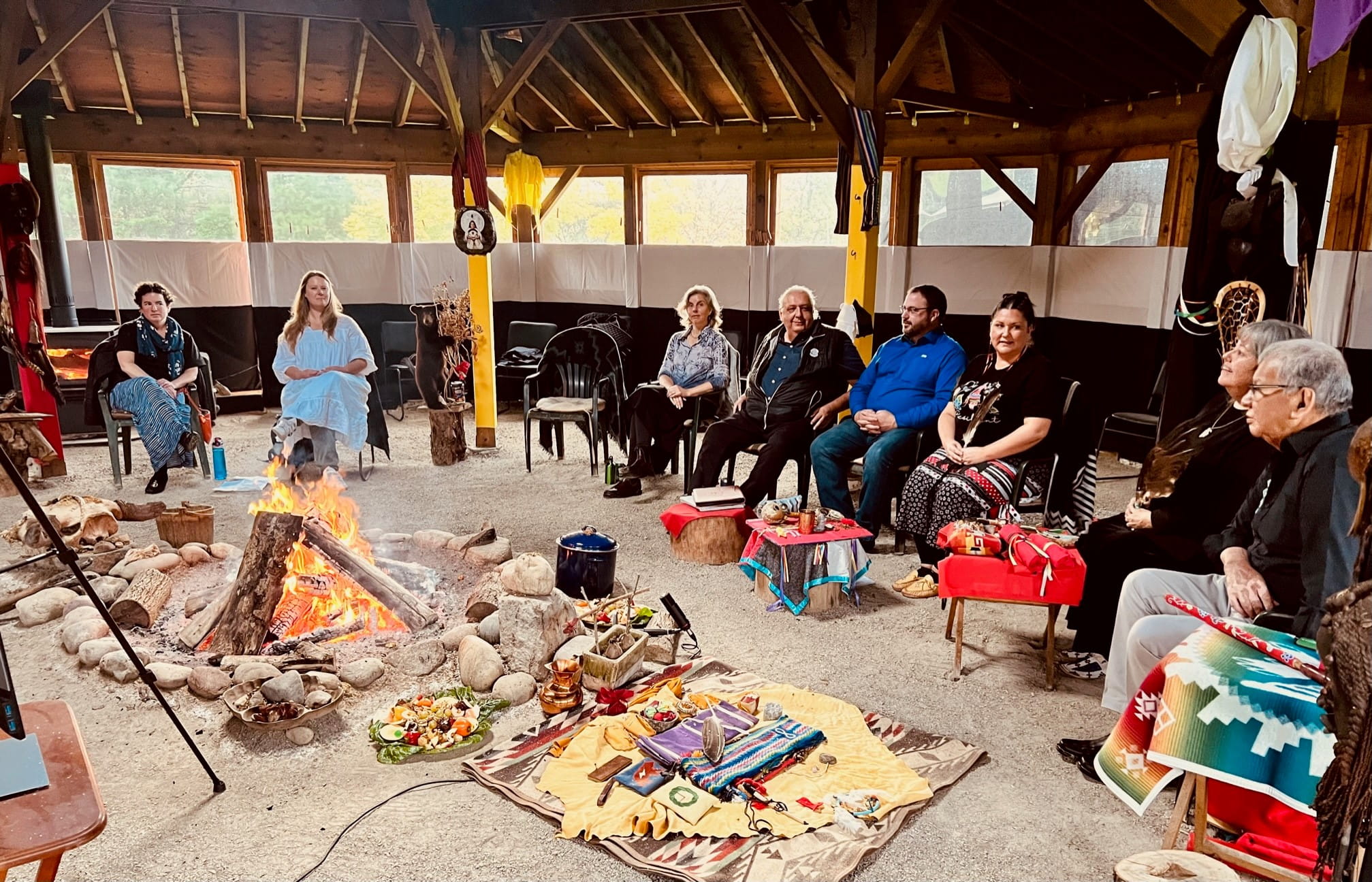The Nuclear Waste Management Organization’s (NWMO) fifth and most recent Indigenous Knowledge and Western Science Workshop explored the roles of sustainability and environmental stewardship in water governance initiatives, from the perspective of both Indigenous worldviews and western science. A key lesson that emerged was that water has a story to tell and that it is our responsibility to listen.
Water is an important factor in the NWMO’s plan for the safe, long-term management of used nuclear fuel. Interweaving Indigenous Knowledge and western science is essential to all the NWMO’s work, and this workshop plays a crucial role in bringing these perspectives together to inform our approach to issues like environmental stewardship.
Attendees spoke to the spiritual, emotional and physical teachings of water that are intertwined throughout many world views and knowledge systems. We learned that water governance needs to be inclusive of water protection and that it must restore the wrongs that have been done to water.
“We have to see water as a living spirit, as a living being. Water is alive. You can speak to water, and it will speak to you,” said Elder Diane Longboat of the NWMO’s Council of Elders and Youth. “It is a unifying and transformational being that will bring us all together. We must be in awe of water and the teachings it has to share with us.”
Participants included Indigenous Knowledge Keepers, Elders, youth, scientists, industry professionals, and members of the NWMO. Panelists discussed the personal connections we all have with water – as our first home, as a medicine for all Creation and the sacred relationship water holds with grandmother moon, grandfather sun and grandfather rocks.
“More than 70 per cent of the crust of the planet is billion-year-old rock,” said geologist and University of Toronto Professor Barbara Sherwood Lollar. “Water bears the memory of the rock that has been in it.”
When we follow the water, it reveals life. How water survives gives us hints of its memory, and a water sample can tell us a story about what the water has been exposed to in the environment, providing valuable information to inform our work.
Our instinct to protect water, people and the environment reflects the values and priorities that Canadians and Indigenous peoples identified as important during our consultations with them on different approaches to the long-term management of used nuclear fuel.
The lessons learned through these workshops will continue to inform our approach because water sustains people and the environment, and protecting it is the shared connection we have with one another.

